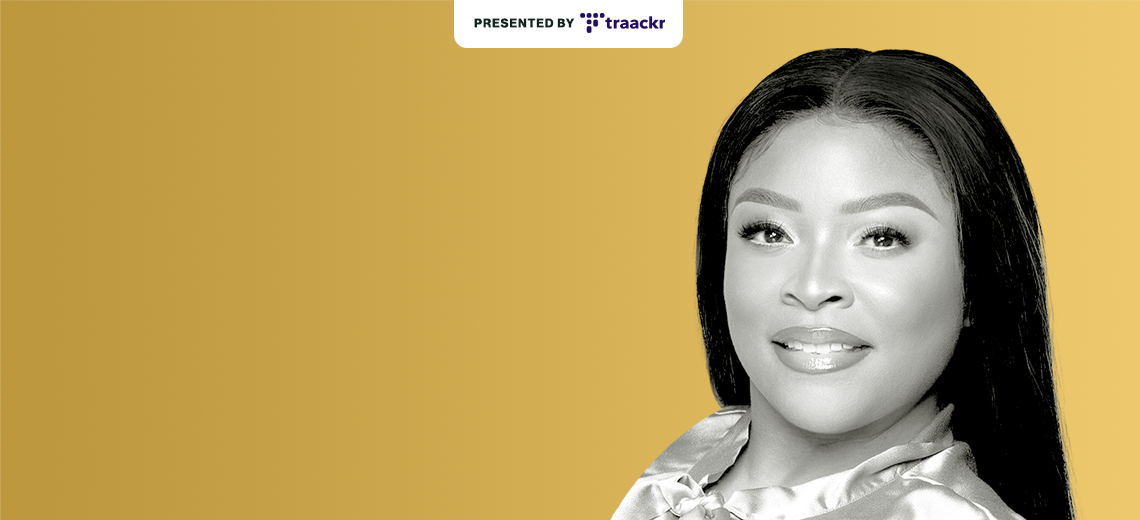This is an episode of the Glossy Beauty Podcast, which features candid conversations about how today’s trends are shaping the future of the beauty and wellness industries. More from the series →
Subscribe: Apple Podcasts | Stitcher | Google | Spotify
When Tisha Thompson was choosing her major in college, she listened to her parents’ advice to go with a “safe” career path and chose accounting. But her passion was always makeup.
“My parents were really firm on, ‘We don’t want you to be a starving artist,’” she said on this week’s Glossy Beauty Podcast.
Fast-forward to today, past several career moves that meant leaving her comfort zone, and she has a brand — LYS Beauty, launched in February 2021 — that’s stocked at Sephora.
Thompson became inspired to found LYS Beauty while spearheading the development of 100 foundation shades when she worked at PÜR Cosmetics. When her brand entered Sephora in the fall of last year, it became the first Black-owned cosmetics brand in the retailer’s “Clean at Sephora” category.
LYS Beauty is bringing inclusivity to the clean beauty space with both product range and price point. Its foundation is its No. 1 seller, followed by its distinct triangle-shaped cream blush.
Below are a few topics covered in this week’s podcast.
Ad position: web_incontent_pos1
The state of inclusivity in clean beauty
“Clean has been powered by the indie brands. A lot of the big brands that are out there really didn’t play in the whole clean conversation at all until a lot of the indie brands came in, and they started to trailblaze the path in this category, and everything’s clean and everyone’s clean now. But in terms of the assortment and why the diversity wasn’t there is because the indie brands were generally started off of a need from a founder. And typically when you create a product as a founder, it’s usually something that’s near and dear to you that solves a problem that you had, that you’re now sharing with your community that you’re creating. And very few, if any, founders at the early stages were women of color or people of color, in general. Very few. When you are not really having that problem of finding a shade that matches for you, it’s not a priority to your development.”
Bringing accessible price points to clean
“It’s always been accessible. There’s always been a way to make it in an affordable way. There have been tons of advancement over the years, but there have always been ingredients.
My mission was to diversify clean. And I didn’t want to just do it from a shade range perspective. I really wanted to make it more accessible when the average foundation in clean was between $35-$40.
I wanted to break down those barriers and really say that you don’t have to compromise. You can have clean. It doesn’t have to break your wallet. And you can find it in the shades that work for you that have great ingredients in them. I wouldn’t say anything that we do is super easy, but it’s definitely achievable.”
On Reels as a source of Instagram traction
“I would say Reels works really well. For influencer content, what we see performing right now the best is any sort of tutorial or application video, and then trendy sounds, where you are demoing and displaying the product.
Ad position: web_incontent_pos2
I find Reels to be a little bit more curated. They just don’t seem as raw as a video on TikTok. They’re just prettier; they’re a little bit more finessed and put-together for people who like aesthetically pleasing things.
If you just want comedic relief, you just want to be entertained, you want a little chuckle, you’re trying to see what’s going on, you’re over on TikTok.”




